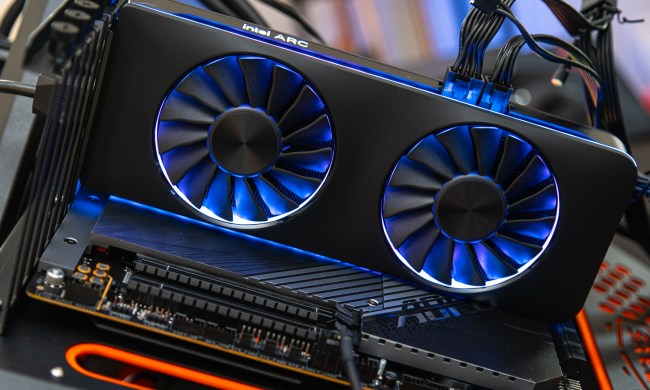Nvidia is the undisputed leader in professional GPU applications, and that doesn’t come down solely to making the best graphics cards. A big piece of the puzzle is Nvidia’s CUDA platform, which is the bedrock for everything from Blender to various AI applications. The new Scale tool, developed by Spectral Compute, aims to break down the walled garden.
Although we’ve seen competitors to the CUDA software stack, such as AMD ROCm, Scale is a “drop-in replacement” for CUDA. It’s a compiler that allows CUDA applications to be natively compiled on AMD GPUs. Spectral Compute says Scale accepts CUDA programs as is, without the need to port to another language. In Spectral’s own words, “… existing build tools and scripts just work.”
The key with Scale is that it’s a compiler. It’s not a translation or porting tool. We’ve seen open-source translation tools like ZLUDA that run CUDA applications on ROCm, and although they shouldn’t require additional development resources, they’re not perfect. AMD also funded ZLUDA, in particular, but reportedly backed out of the project.
Scale isn’t open source, and it isn’t funded by AMD. It’s available under a free license and comprises three main components. There’s a Nvidia CUDA Compiler (NVCC)-compatible compiler that builds code for AMD GPUs, an implementation of the CUDA runtime, and an open-source wrapper for CUDA-X calls. The free version is available for commercial and private use, but it explicitly removes any liability from Spectral Compute. That might end up being important, as Nvidia specifically says reverse-engineering CUDA for use on non-Nvidia platforms is against its license agreement.
At the moment, Spectral Compute says Scale should work without issues on AMD’s RDNA 2 and RDNA 3 GPUs. It also conducted basic testing on RDNA 1 GPUs, and it says it’s working on adding support for older architectures. The tool is focused on AMD at the moment, though it’s possible Intel GPUs could see support in the future as well.
Although anyone using a CUDA application extensively probably has an Nvidia GPU, breaking down the walls of support is a major step toward a more open software ecosystem. It’s not clear how long Scale will stick around, though. Spectral Compute says Scale doesn’t require CUDA, but it’s possible Nvidia could explore routes to remove the toolkit.





